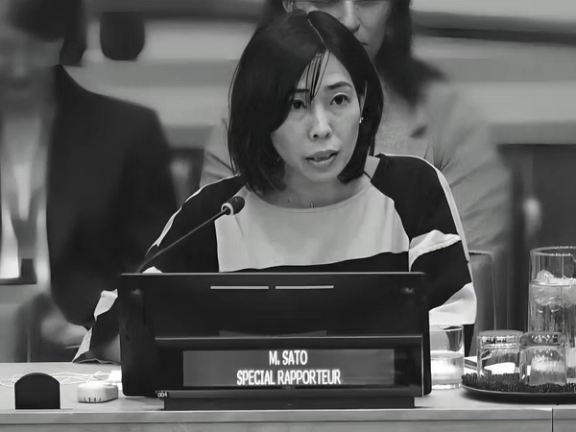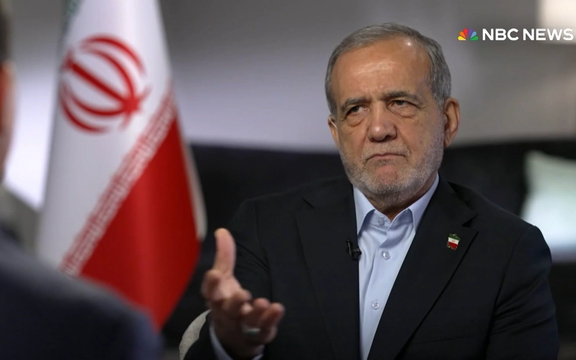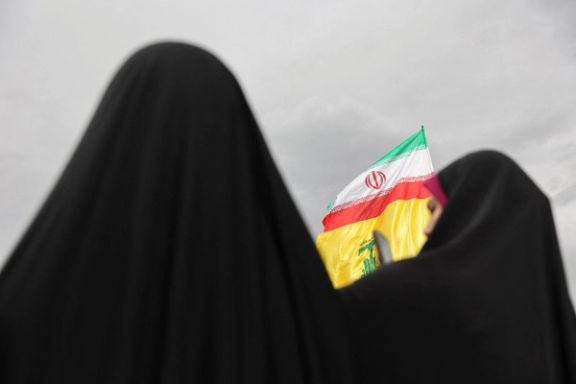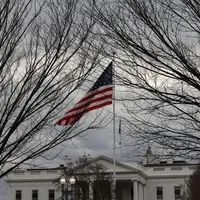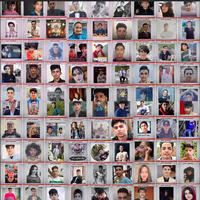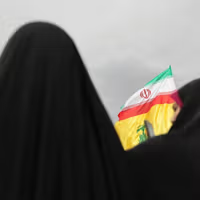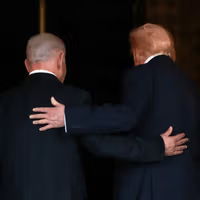Several Iranian economists say the downturn is already entrenched and that officials are underestimating the severity of the crisis.
Tehran University professor Albert Boghozian argued last week that Iran now shows the classic symptoms of stagflation—negative growth, high inflation, and rising unemployment.
“Officials must not ignore the danger of deepening stagflation, which is likely to intensify if the snapback proposed by the UK, France, and Germany is implemented,” he cautioned.
The Statistical Center of Iran reported that GDP shrank by 0.1% in the spring.
Excluding the petroleum sector, the contraction deepened to -0.4%. Agriculture was the hardest hit, with output falling 2.7%. This downturn marks the first time since 2021 that Iran’s economy has posted negative quarterly growth.
'Worse to come’
The reversal is striking given the 3.0% expansion recorded in the last full calendar year ending March 2025. That period, supported by high oil revenues and relative stability, allowed for modest but steady growth.
Ali Ghanbari, a macroeconomist and former deputy agriculture minister, predicted conditions will deteriorate further in the coming months.
“Iran is heading toward a more difficult economic period in the second half of the Iranian year (September 2025 to March 2026),” he told reporters in Tehran.
He forecast a contraction of 1–2% by March 2026 and inflation climbing above 54%.
“The downturn had been anticipated due to sanctions and political tensions,” he added, “but the scale of inflation will place even greater strain on household budgets.”
Such levels of inflation would erode real incomes and fuel social discontent — a sensitive issue for the government as it braces for renewed sanctions.
‘Sanctions hinder development’
The Majles Research Center has argued that renewed UN sanctions would be less damaging than existing US restrictions, which already limit Iran’s access to global markets and financial channels.
But economists such as Boghozian believe Tehran has few tools left to cushion the blow.
“The Iranian government cannot do much about the UN sanctions,”he warned. “Continued stubbornness will only deepen the suffering.”
Sweeping UN sanctions are set to be reimposed on September 27 following the end of the 30-day snapback period.
Boghozian warned that their return could have consequences far beyond economic hardship, setting the scene for more confrontation with Iran’s foes.
“With the threat of war, Iran cannot realistically pursue development,” he said. “War and sanctions will rob the country of opportunities. If we fail to take initiative, the other side will dictate the terms.”


